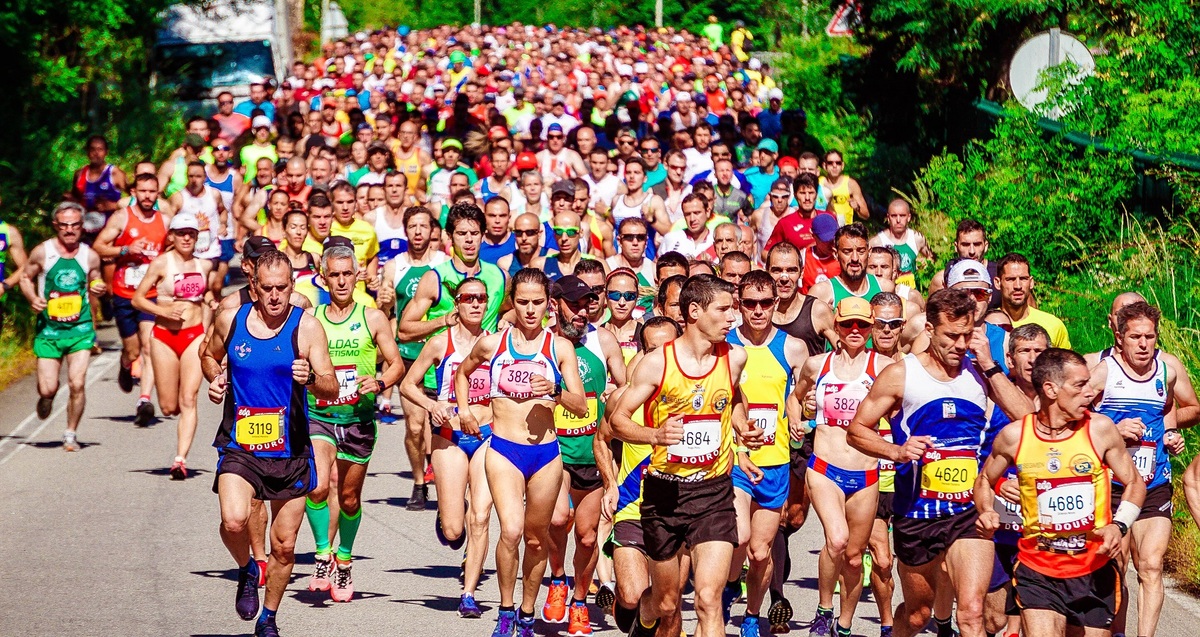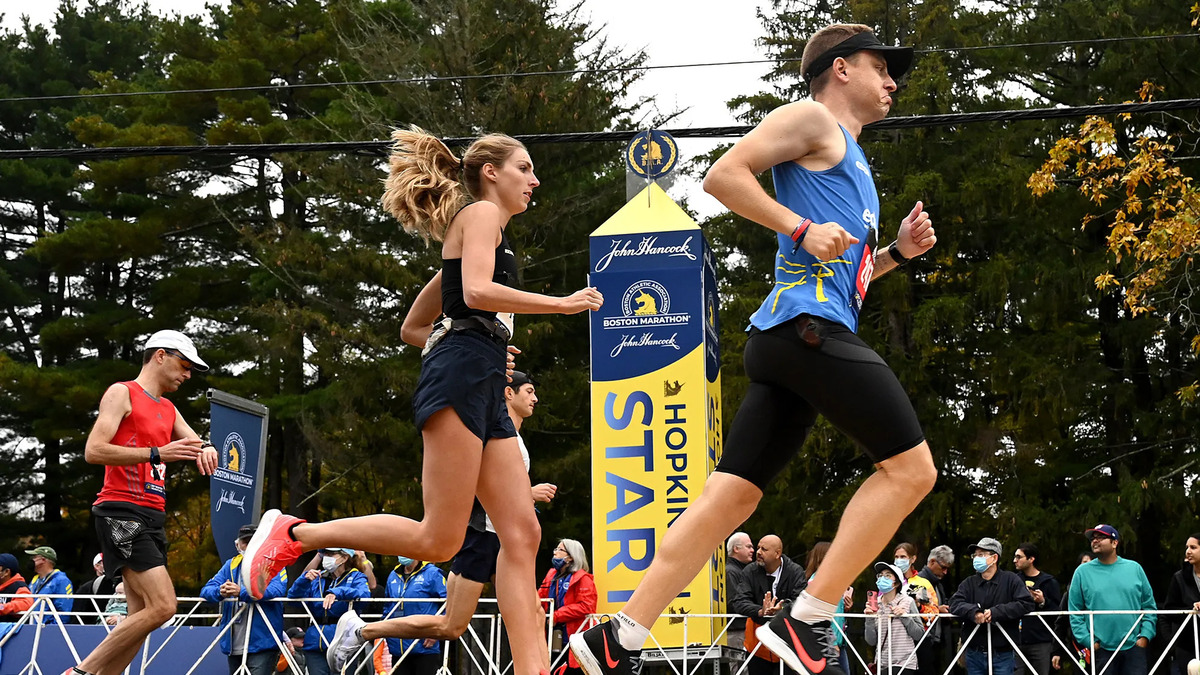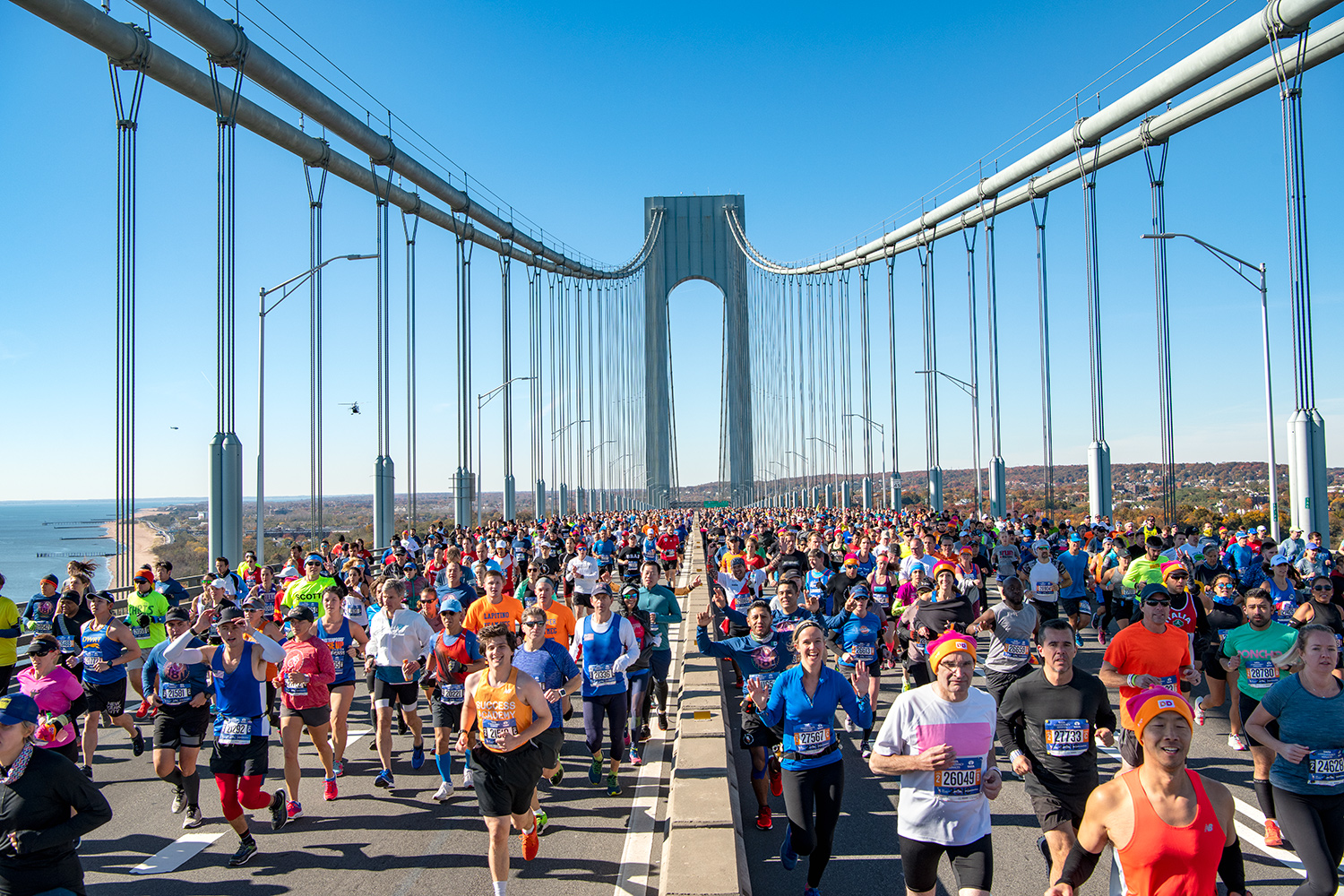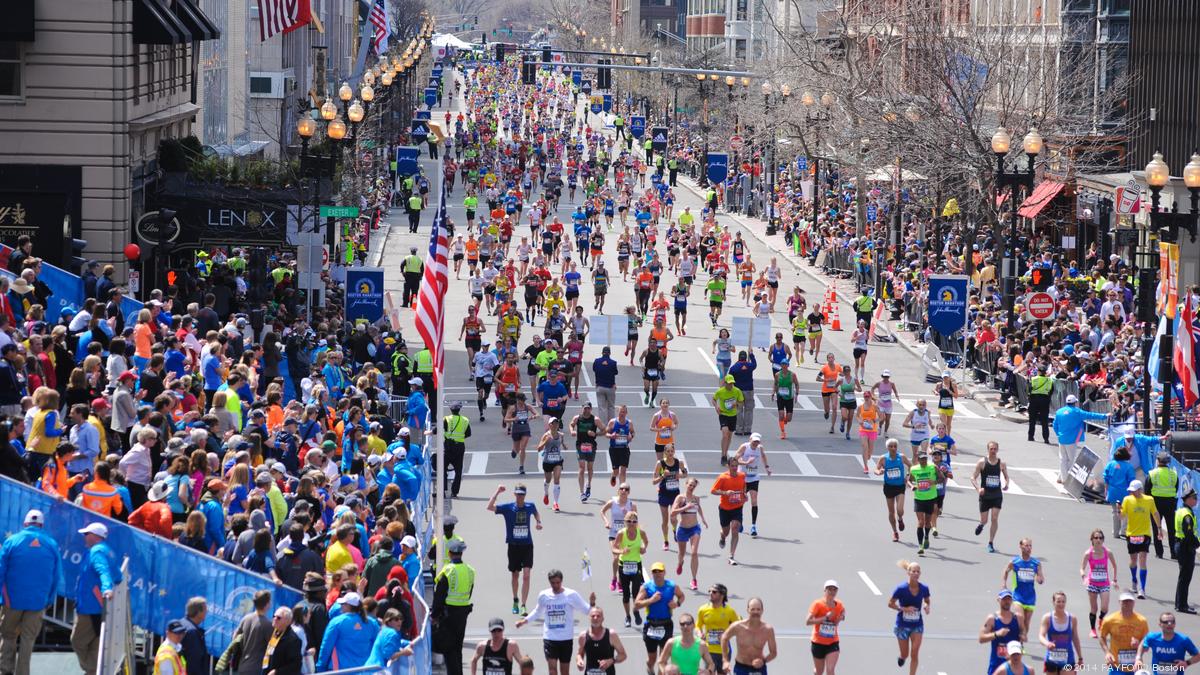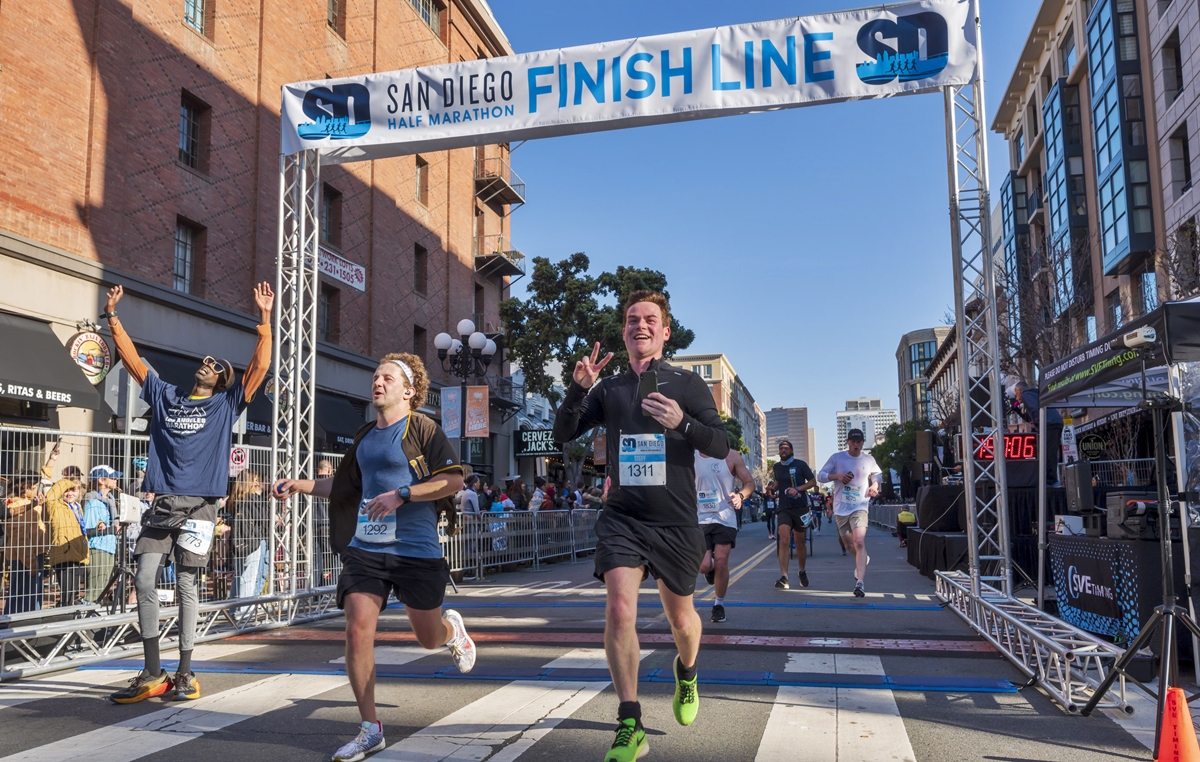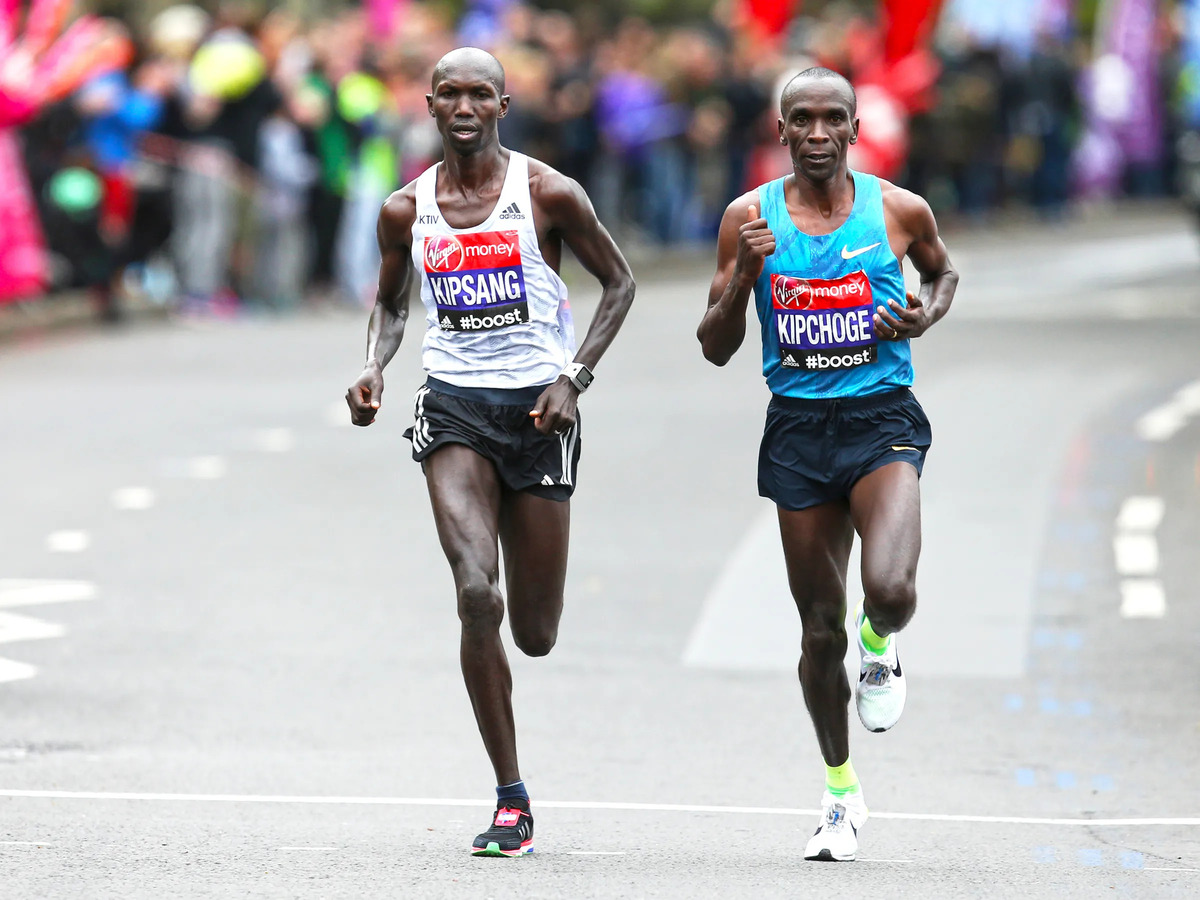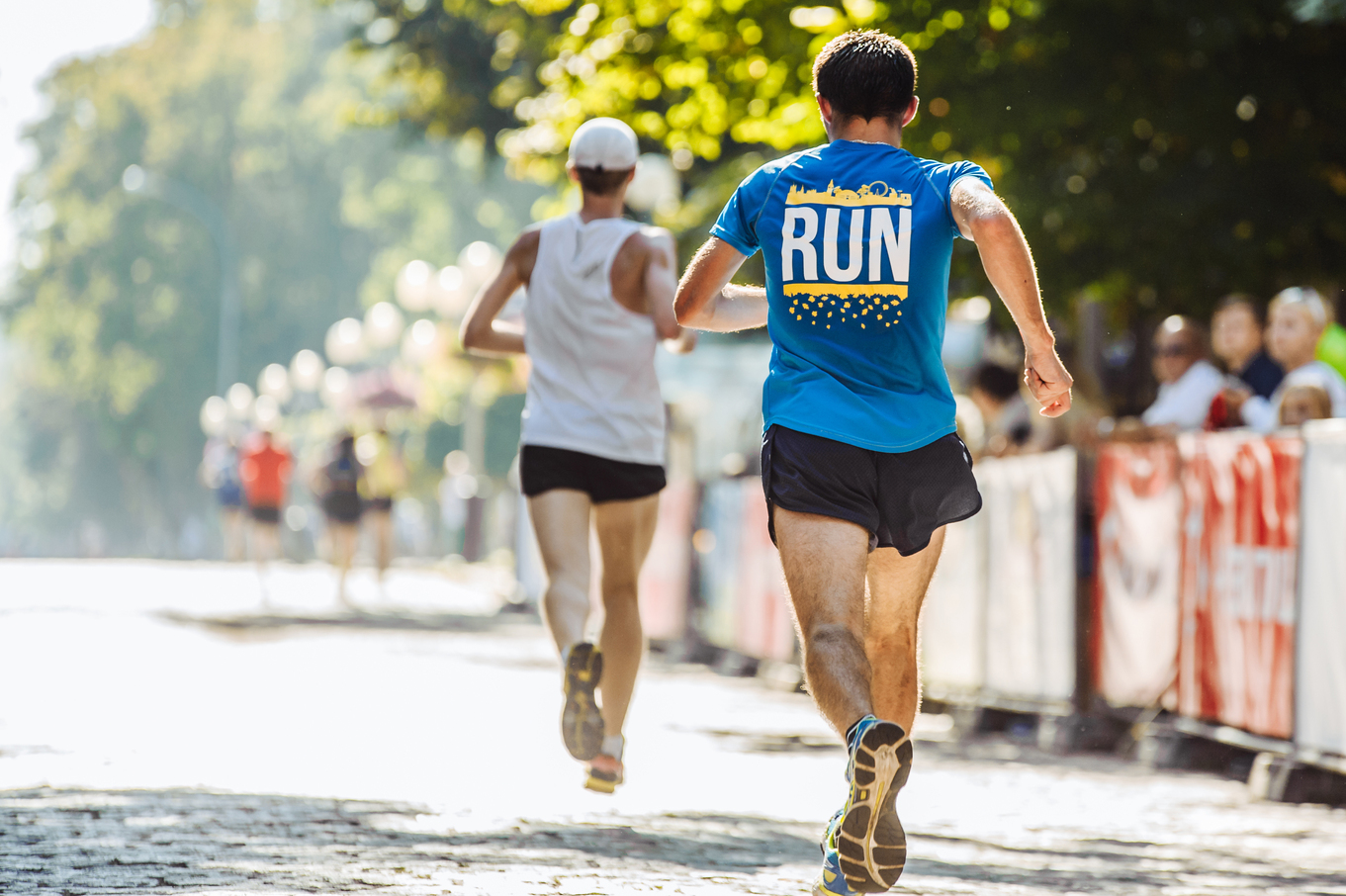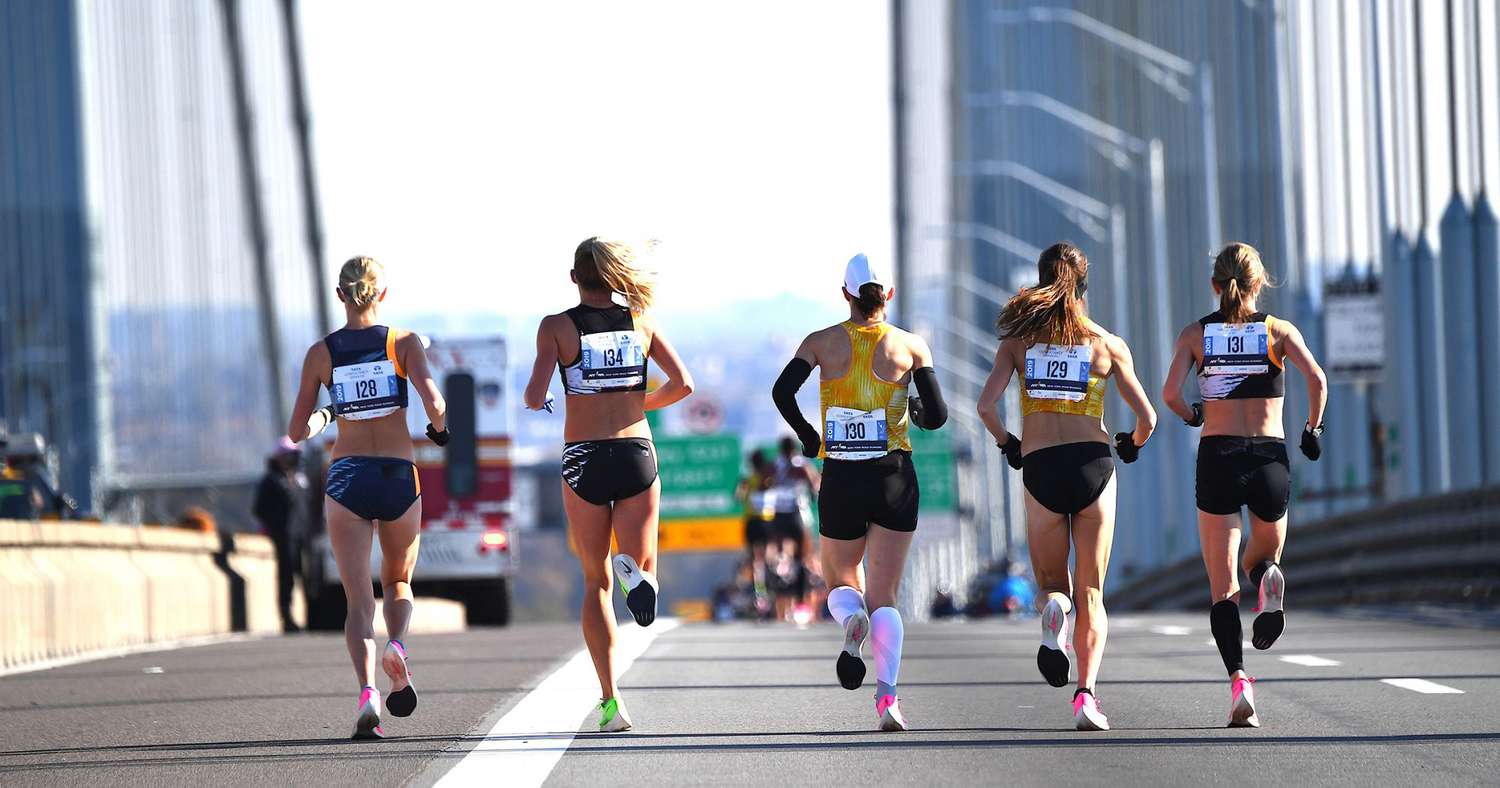

Featured
How Long Does The Average Marathon Take
Modified: January 22, 2024
Discover how long the average marathon takes and get insights from featured runners on their race times and tips for a successful finish.
Introduction
Marathons are renowned for their grueling nature, challenging participants to complete a 26.2-mile race. Whether you’re a seasoned marathon runner or just starting your journey in the world of long-distance running, one question that often comes to mind is: how long does the average marathon take?
The answer, of course, varies from person to person. While professional athletes may finish a marathon in just over two hours, most recreational runners can expect to take considerably longer. In this article, we’ll explore the factors that can influence marathon finish times, examine the average times for different groups of runners, and provide strategies for improving your own marathon time.
It’s important to note that marathon running is not solely a race against time. Many participants view marathons as a personal achievement, striving to complete the distance and cross the finish line, regardless of the time it takes. After all, marathon running is as much about the journey as it is about the destination.
Nevertheless, knowing the average marathon time can be useful for setting personal goals and understanding where you stand in comparison to others. So, let’s dive into the various factors that can impact marathon finish times.
Factors Affecting Marathon Finish Time
When it comes to marathon finish times, several key factors come into play. Understanding these factors can help you evaluate and improve your performance. Let’s explore the most significant ones:
- Training and Fitness Level: The amount and quality of training you put in before the race significantly impact your marathon finish time. Consistent training helps build endurance, strength, and speed, enabling you to maintain a steady pace throughout the race. Individuals who adhere to a structured training program and gradually increase their mileage are more likely to achieve faster times.
- Course Difficulty: The terrain and elevation profile of the marathon course can greatly influence finish times. Hilly and challenging courses require more effort and can slow down even the most experienced runners. On the other hand, flat and fast courses provide optimal conditions for achieving faster times.
- Weather Conditions: Weather plays a significant role in marathon performance. Extreme heat, cold, humidity, or strong winds can make running more demanding and impact your pace. It’s essential to consider weather conditions when setting expectations for your marathon finish time and adjust your strategy accordingly.
- Age and Gender: Age and gender can affect marathon finish times due to physiological and biological differences. Generally, younger runners tend to have faster times as their bodies possess greater endurance and recovery abilities. Moreover, men typically have faster average times compared to women, although this gap has been narrowing in recent years as more women have entered the sport and excelled.
While these factors play a significant role in marathon finish times, it’s important to remember that every runner’s journey is unique. Your dedication, determination, and mindset can ultimately influence your performance on race day. Now that we understand the different factors at play, let’s explore the average marathon times for various groups in the next section.
Average Marathon Times
When it comes to marathon finish times, it’s essential to have realistic expectations and understand the average times for different groups of runners. Let’s take a closer look at average marathon times:
- Overall Average Finish Time: The overall average finish time for a marathon varies depending on the race and participant demographics. On average, recreational runners complete a marathon in around 4 to 5 hours. Elite runners, on the other hand, finish much faster with times typically ranging from 2 to 3 hours. However, it’s important to note that marathon times can vary widely, with slower times exceeding 6 or even 7 hours for some individuals.
- Gender Differences in Marathon Finish Time: Historically, men have had faster marathon times compared to women due to physiological differences. However, this gap has been closing in recent years. On average, male runners complete marathons in around 4 hours, while female runners finish in approximately 4.5 hours. It is important to remember that these are average times and individuals will always vary.
- Age Groups and Marathon Finish Time: Marathon finish times also vary across different age groups. Generally, younger runners tend to have faster times due to their higher levels of fitness and strength. However, older runners can still achieve impressive results with consistent training and proper preparation. Average marathon times increase gradually with age. For instance, runners in their 40s typically finish a marathon in around 4.5 to 5 hours, while those in their 60s may take 6 hours or longer.
It’s important to remember that average marathon times are just a reference point, and every individual’s journey is unique. Your personal fitness level, training, and determination will ultimately determine your marathon finish time. Now that we have explored the average times, let’s delve into strategies for improving your marathon time in the next section.
Strategies for Improving Marathon Time
If you’re looking to improve your marathon finish time, incorporating specific strategies into your training and race-day approach can make a significant difference. Let’s explore some effective strategies:
- Structured Training Programs: Following a structured and well-designed training program is essential for improving marathon time. These programs typically include a mix of long runs, speed work, tempo runs, and recovery days. Gradually increasing mileage and incorporating varied workouts can help build endurance and improve overall speed.
- Cross-Training and Strength Training: In addition to running, incorporating cross-training activities like cycling, swimming, or yoga can enhance overall fitness, prevent overuse injuries, and improve muscular strength and flexibility. Strength training exercises, such as squats, lunges, and core work, help improve running form and efficiency.
- Proper Nutrition and Hydration: Fueling your body with the right nutrients and maintaining proper hydration is crucial for optimal performance. Consume a balanced diet rich in carbohydrates, lean proteins, and healthy fats. During long runs and on race day, practice fueling strategies with energy gels, sports drinks, and adequate water intake to maintain energy levels and prevent dehydration.
- Mental Preparation and Race Tactics: Marathon running is as much a mental challenge as it is a physical one. Adopting mental preparation techniques, such as visualization, positive affirmations, and mindfulness, can help maintain focus and overcome fatigue during the race. Additionally, developing effective race tactics, such as pacing yourself, breaking the race into manageable segments, and utilizing the energy of crowds, can contribute to better overall performance.
Remember, improving your marathon time takes time, consistency, and patience. It’s essential to listen to your body, make adjustments as needed, and avoid pushing too hard, too soon. Incorporating these strategies into your training routine will not only enhance your performance but also contribute to an enjoyable and fulfilling marathon experience.
Conclusion
Completing a marathon is an incredible achievement that requires dedication, perseverance, and a solid training plan. While the average marathon finish time can vary depending on factors like fitness level, course difficulty, weather conditions, age, and gender, it’s important to remember that every runner’s journey is unique. Whether you finish in 2 hours or 6 hours, crossing the finish line is a victory in itself.
Understanding the factors that influence marathon finish times and the average times for different groups of runners can help you set realistic goals and track your progress. Structured training programs, cross-training, proper nutrition, and mental preparation are effective strategies for improving marathon time.
However, it’s crucial to keep in mind that the joy of marathon running is not solely measured by the time it takes to complete the race. It’s about the personal growth, the camaraderie with fellow runners, and the thrill of challenging yourself physically and mentally. Embrace the journey, celebrate small victories along the way, and remember that the ultimate goal is to enjoy the experience.
So lace up your running shoes, set realistic goals, and embark on your marathon journey with confidence. Whether you’re aiming for a personal best or simply striving to cross the finish line, remember that every step forward is a step towards success. Cherish the memories, learn from the challenges, and savor the incredible achievement of completing a marathon.
